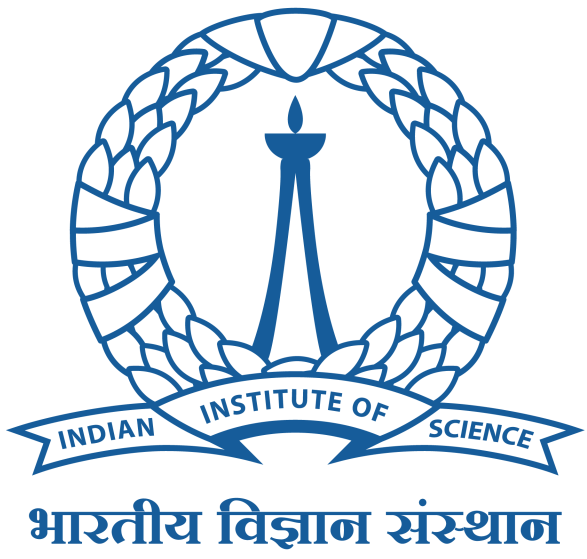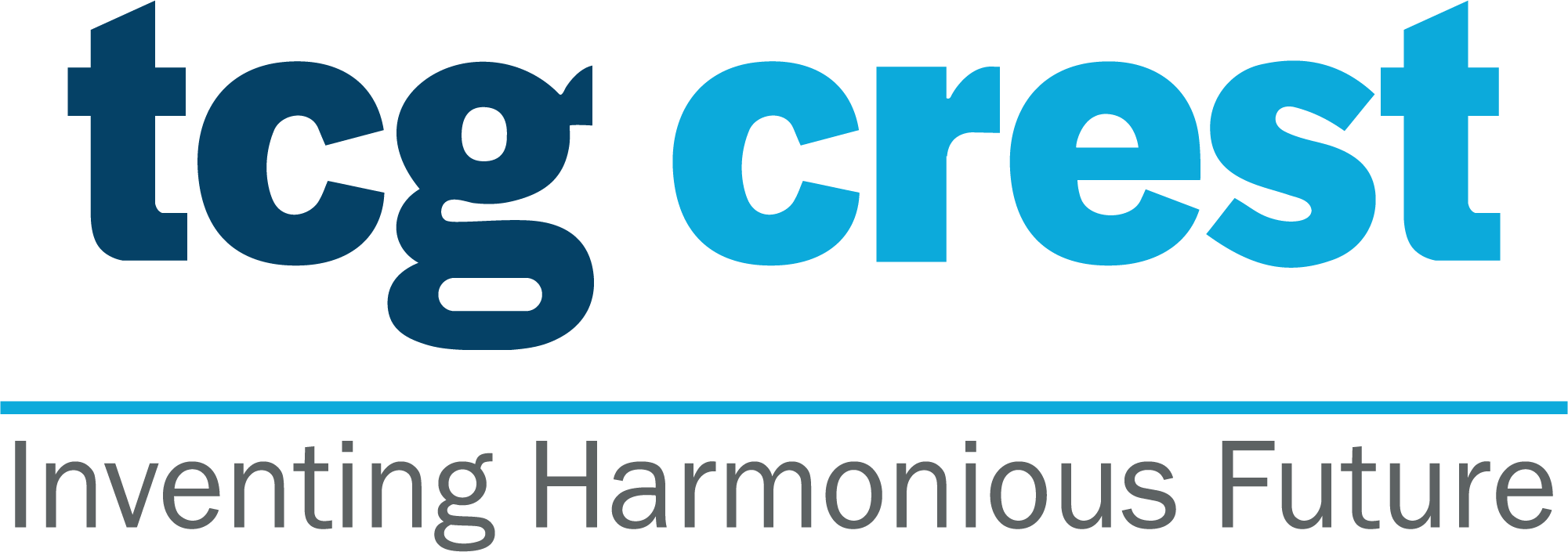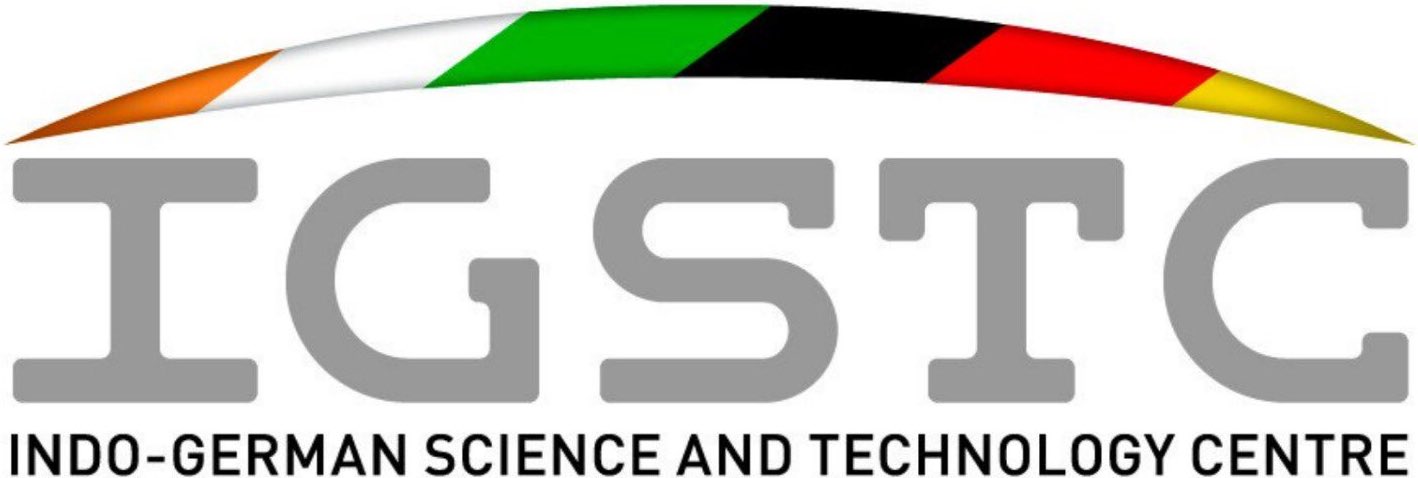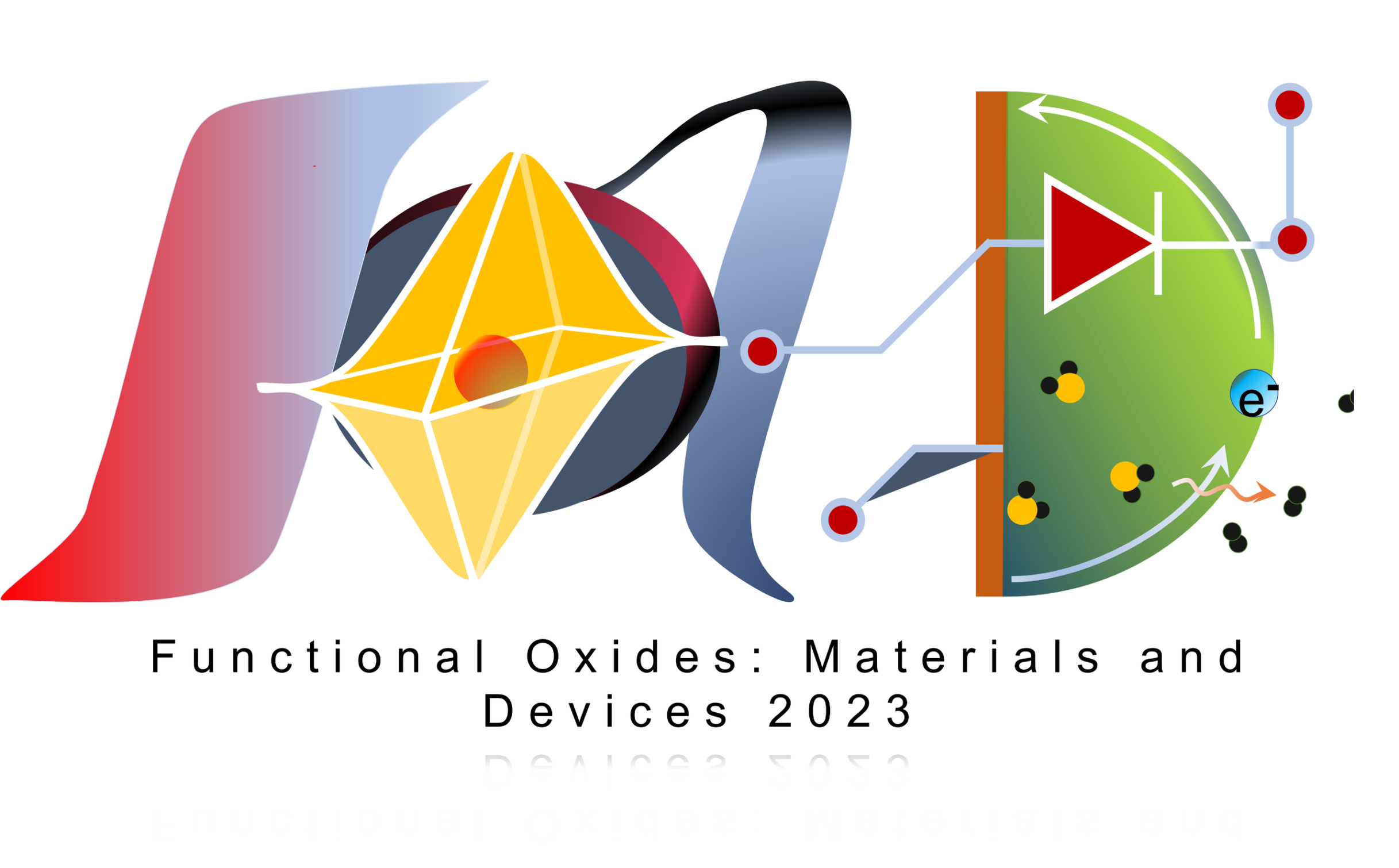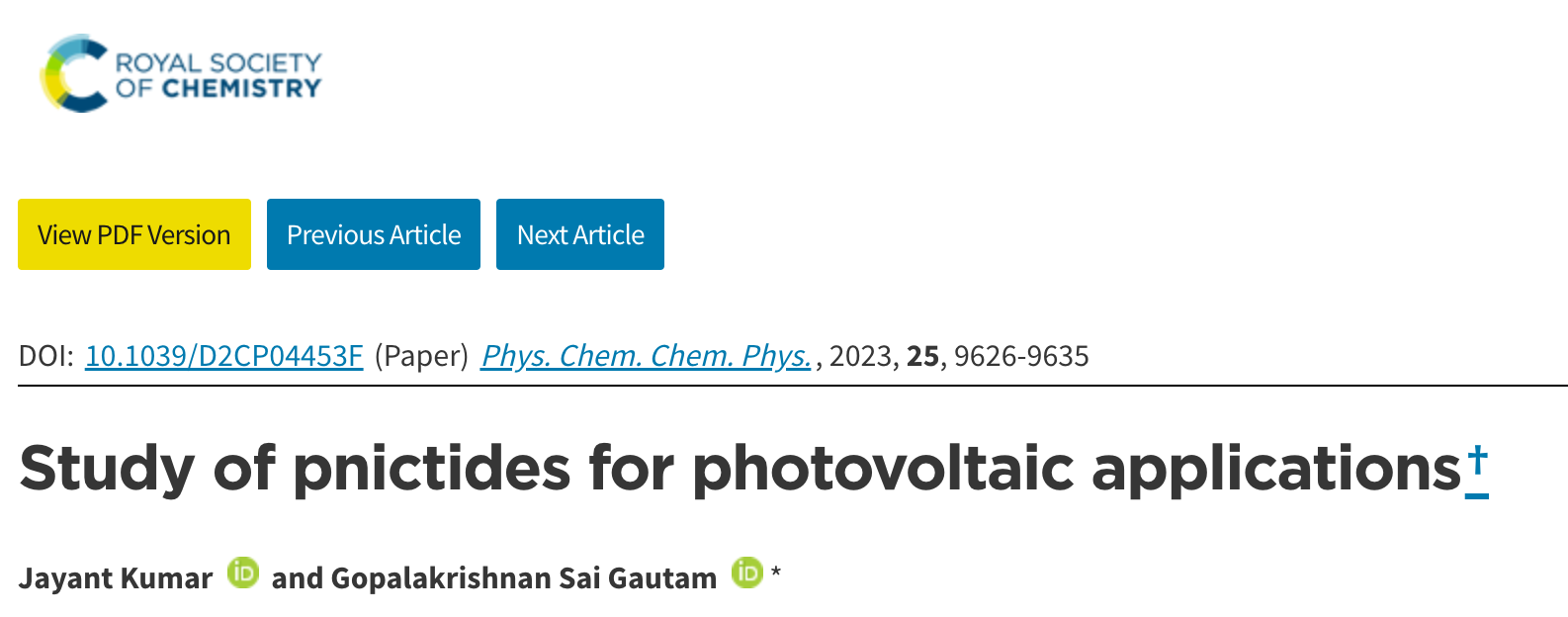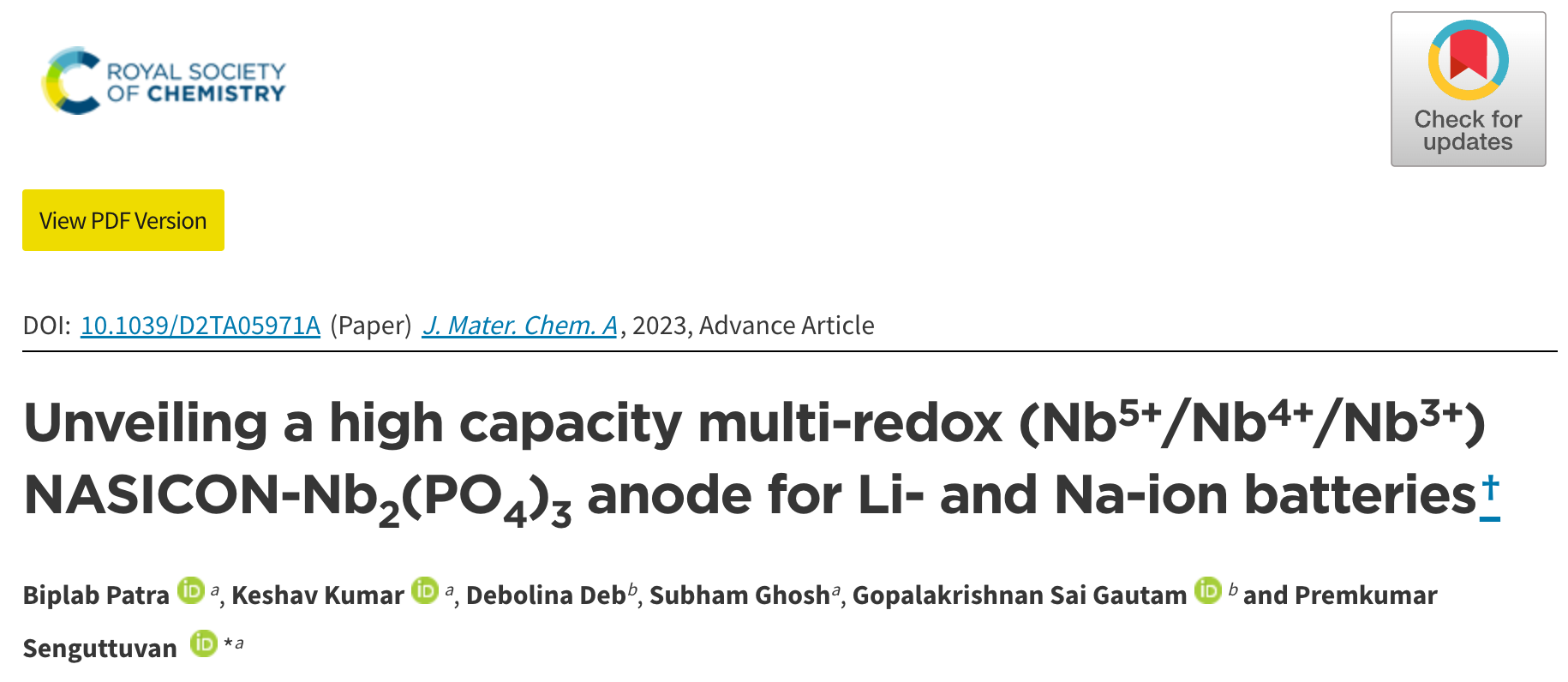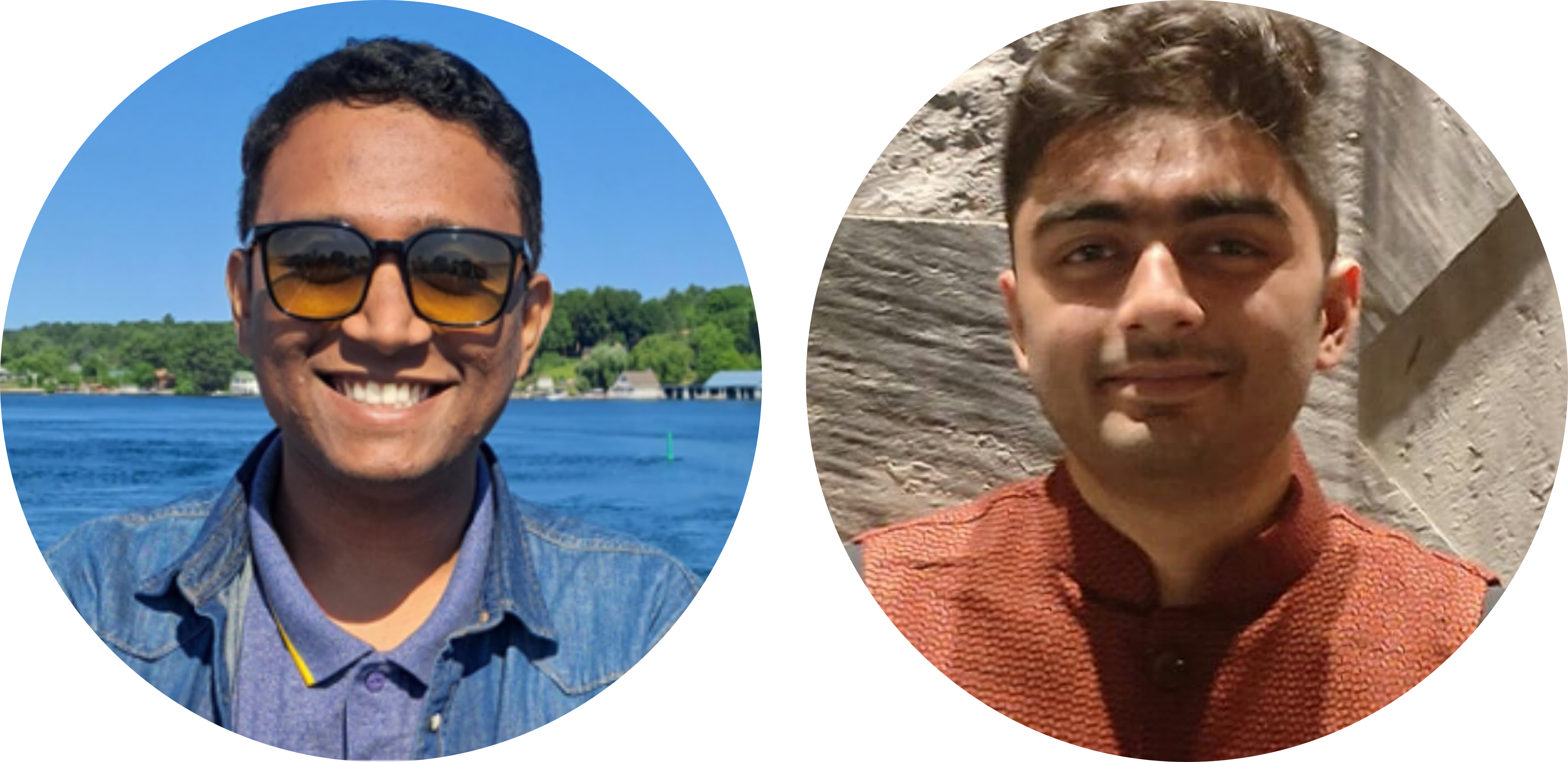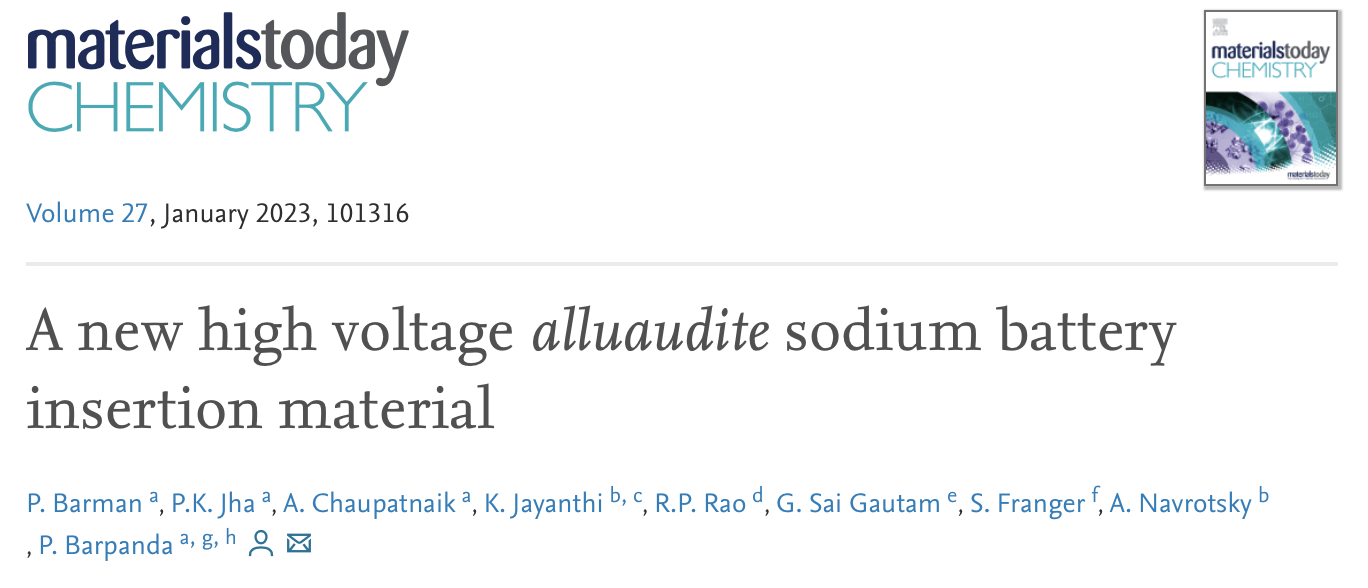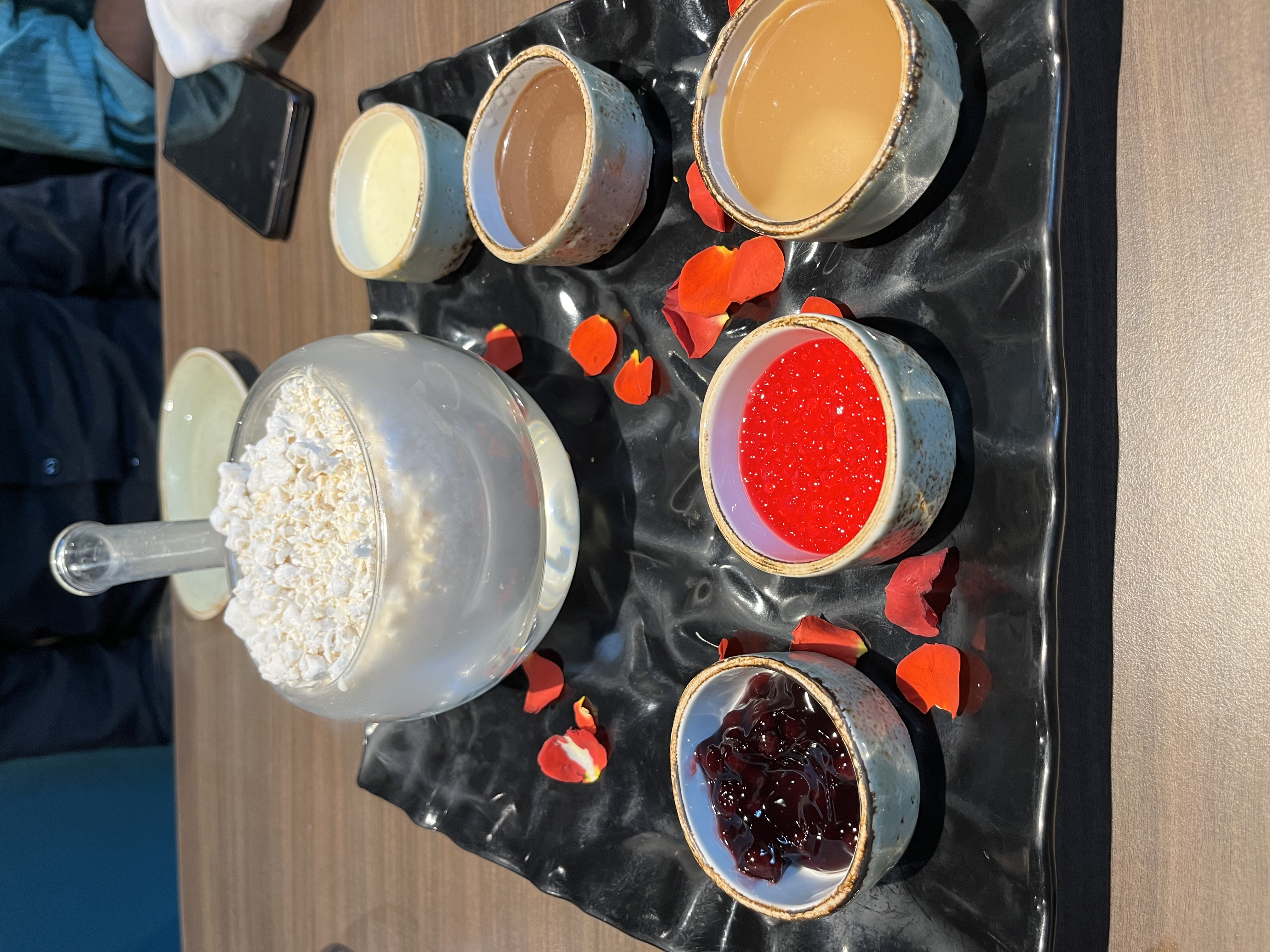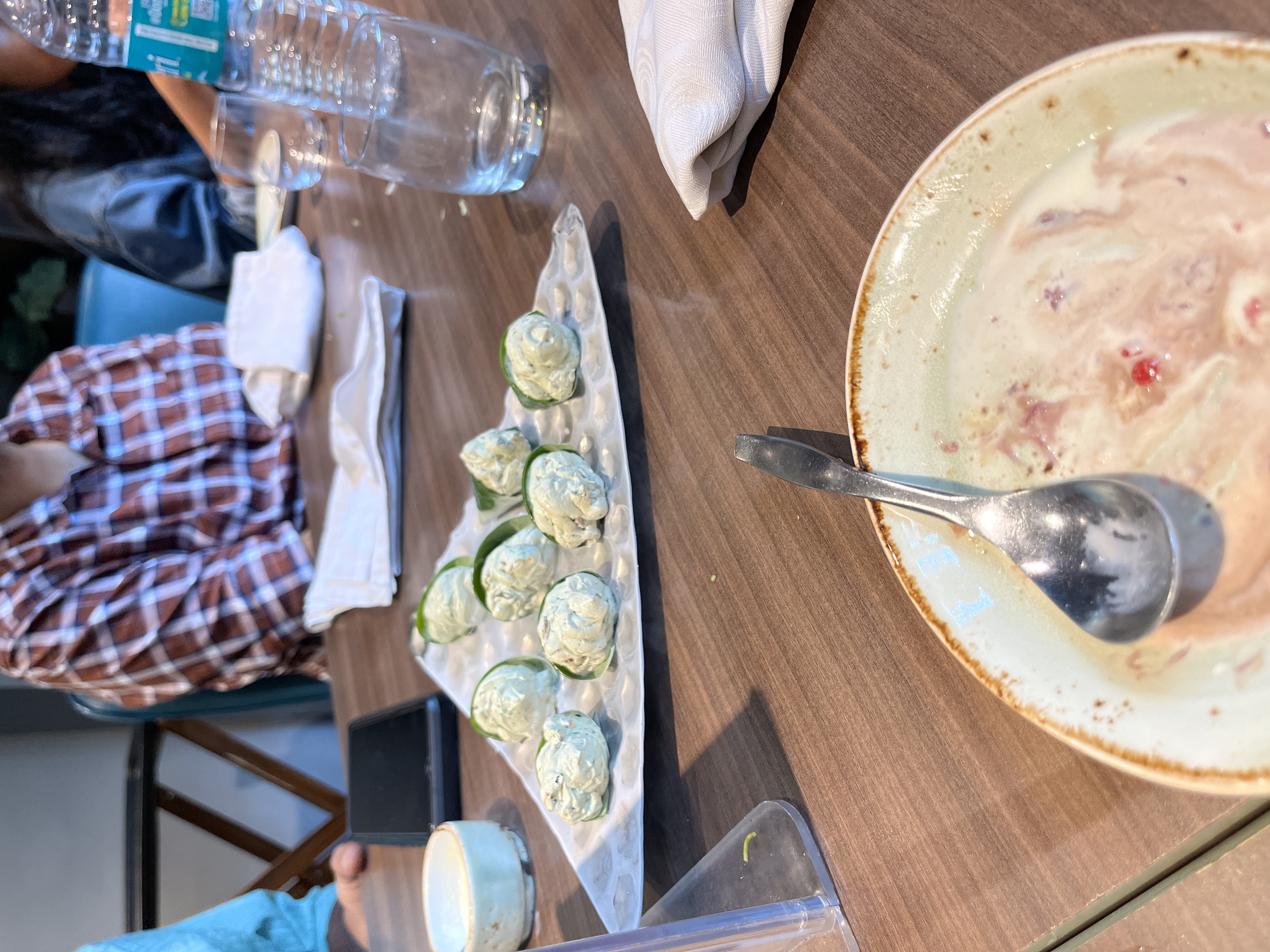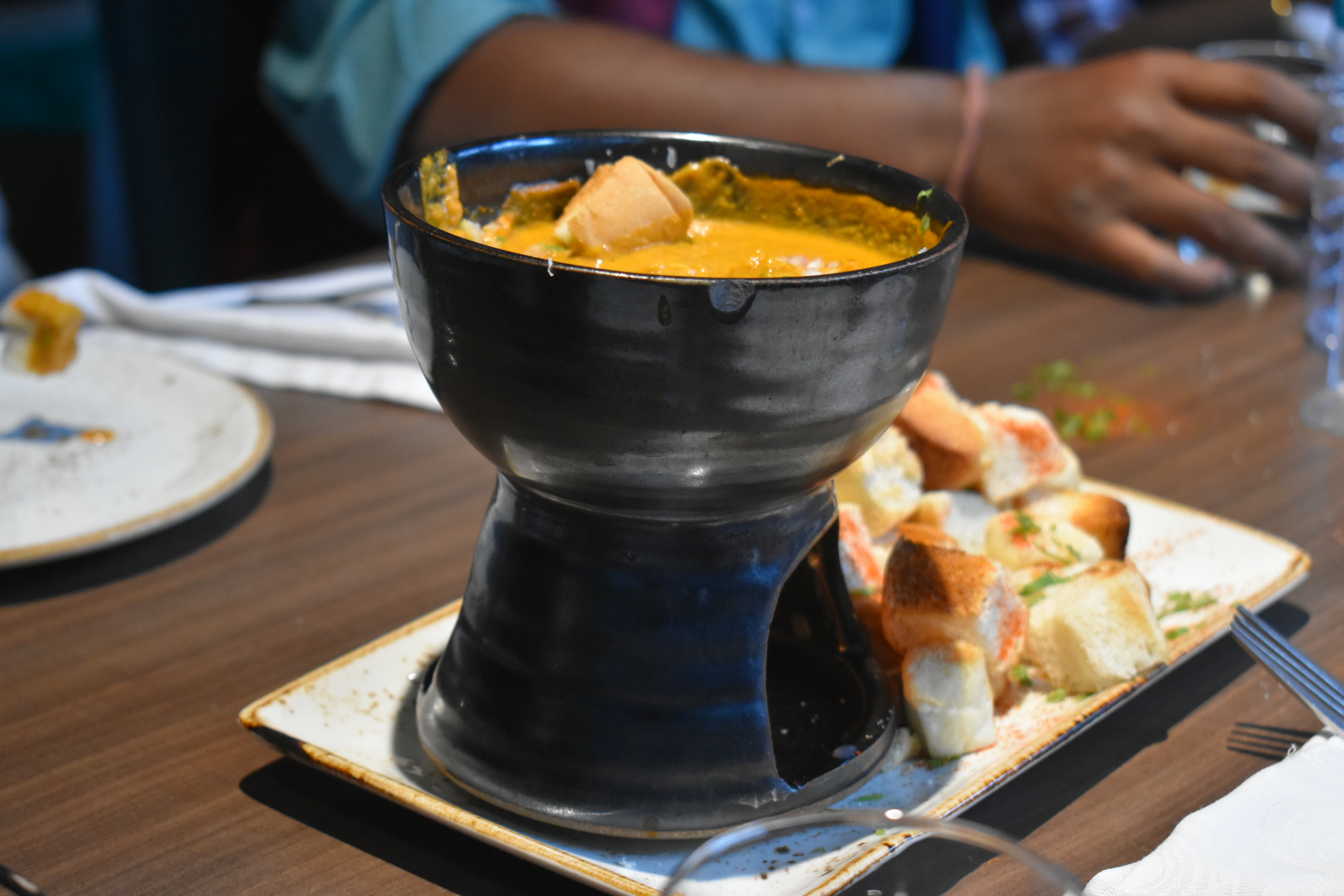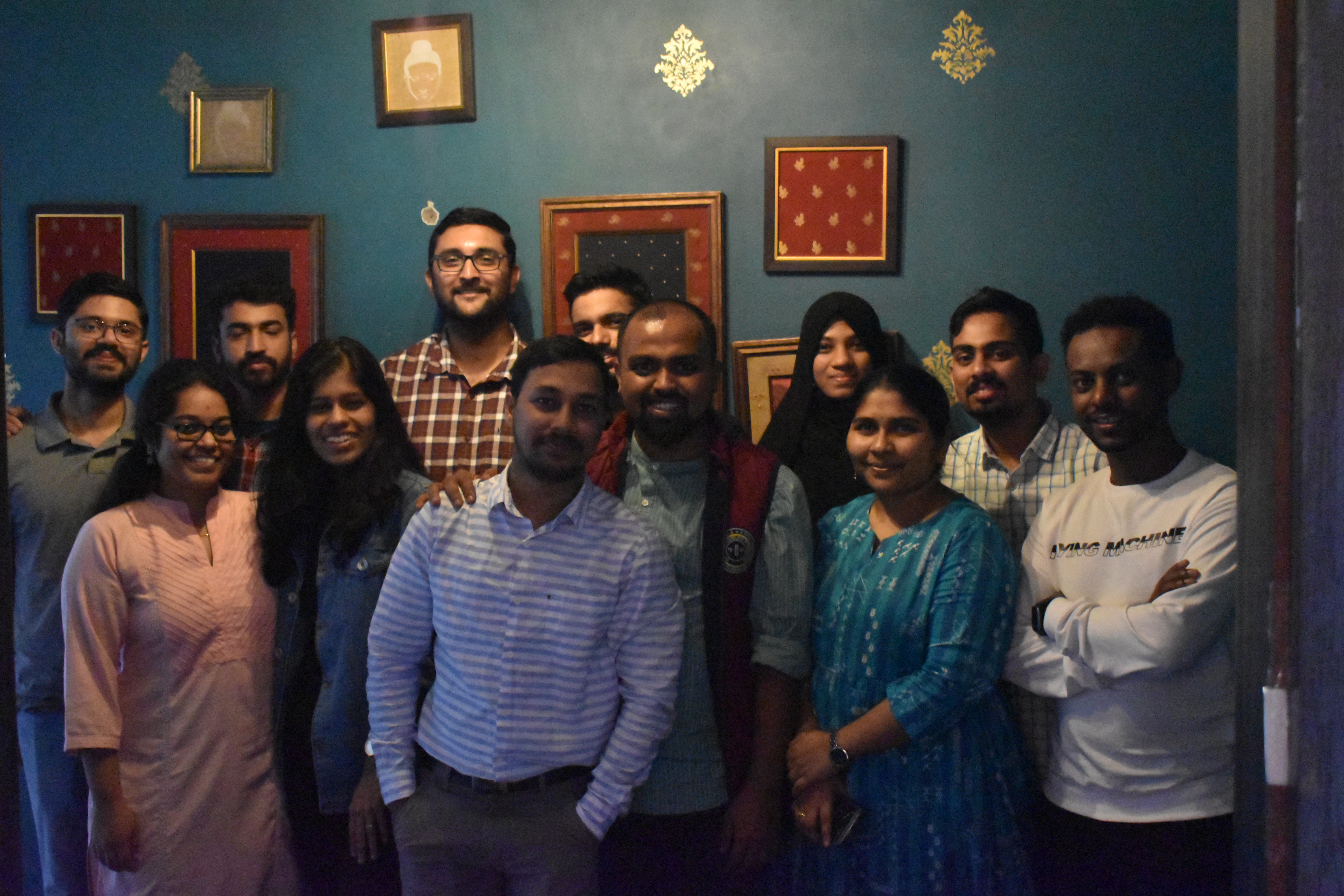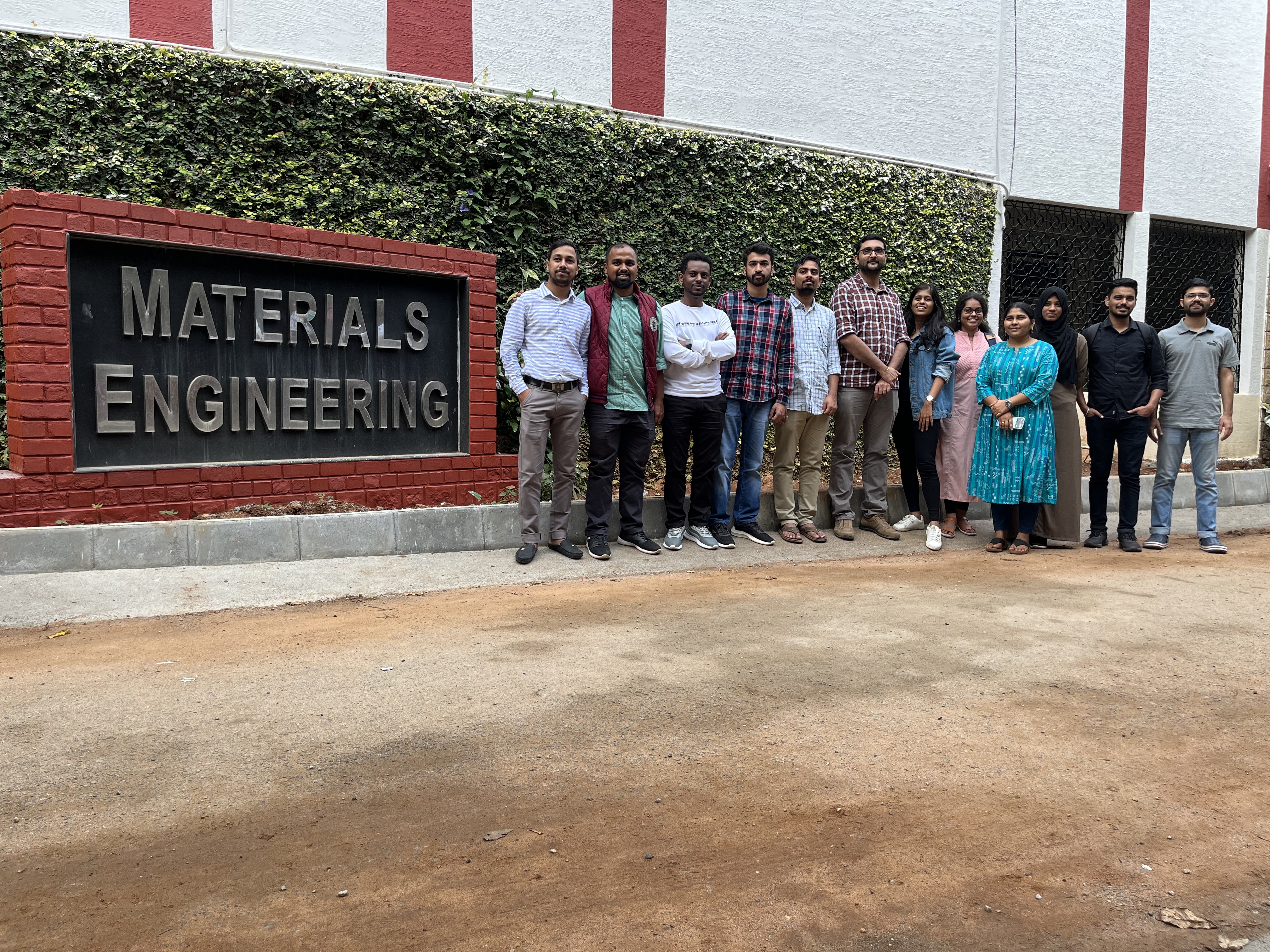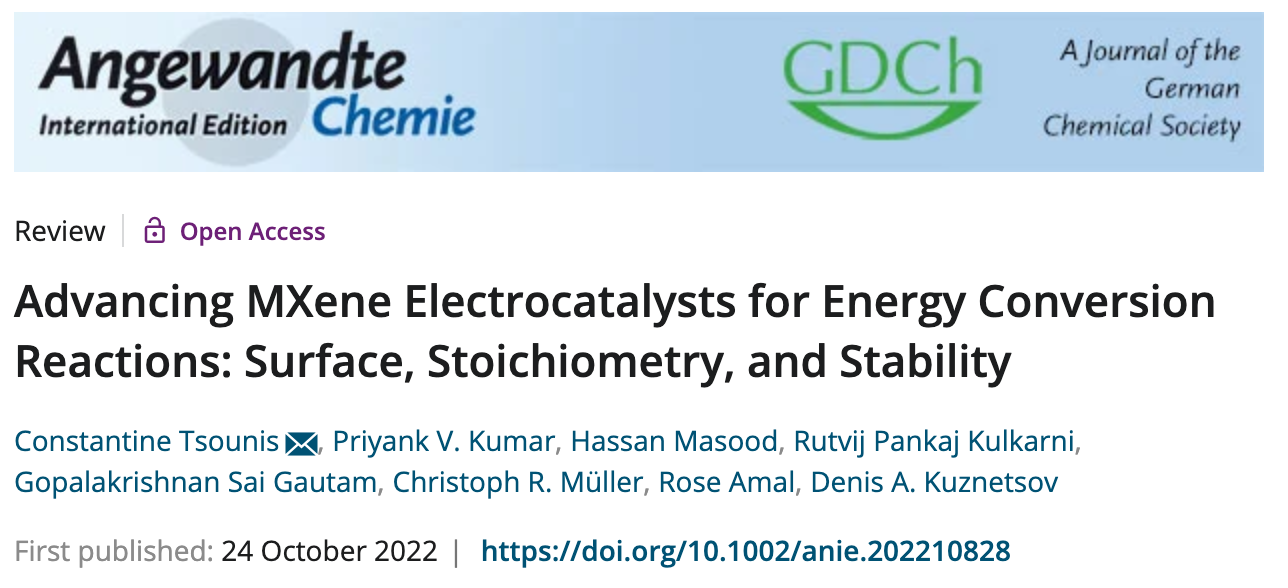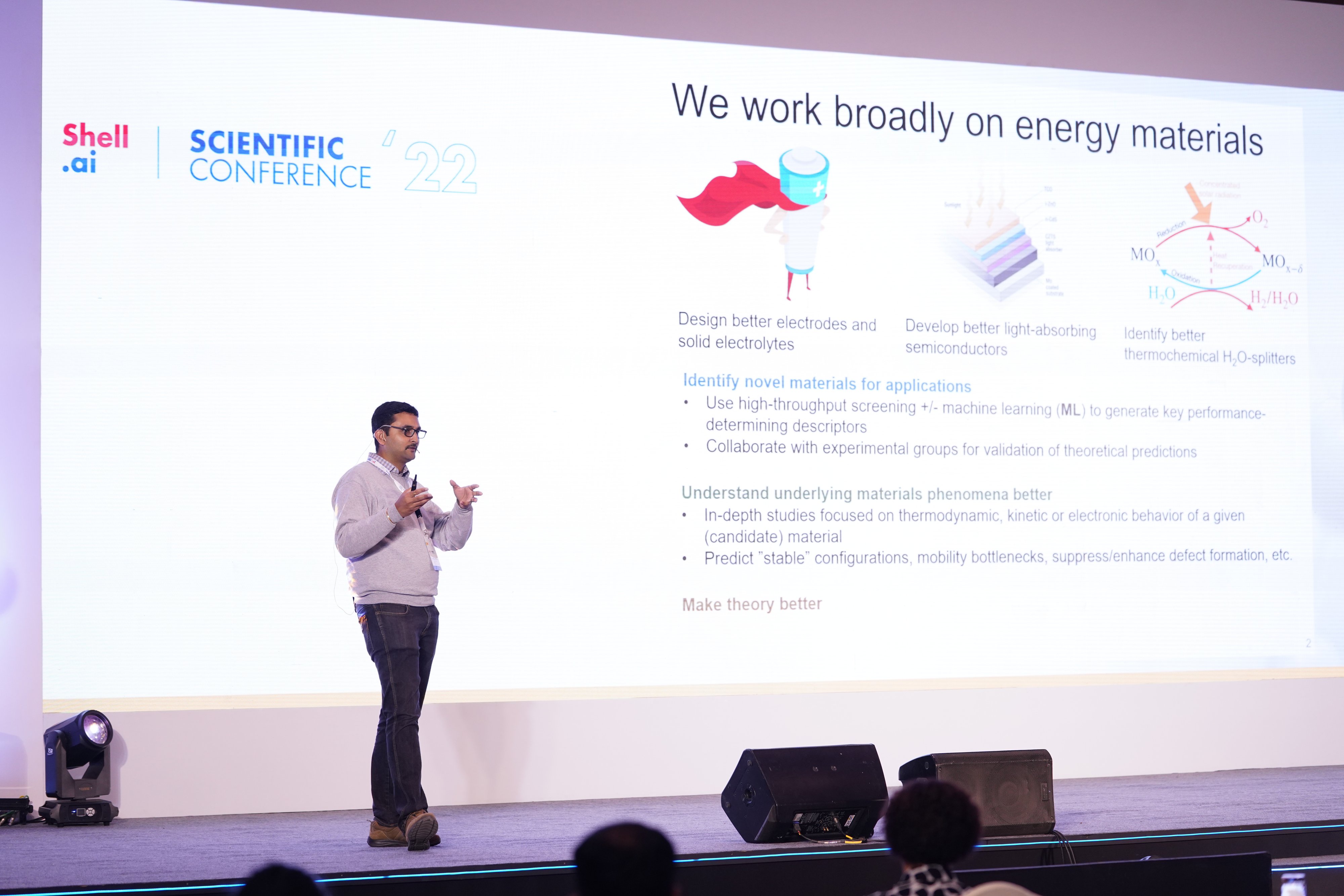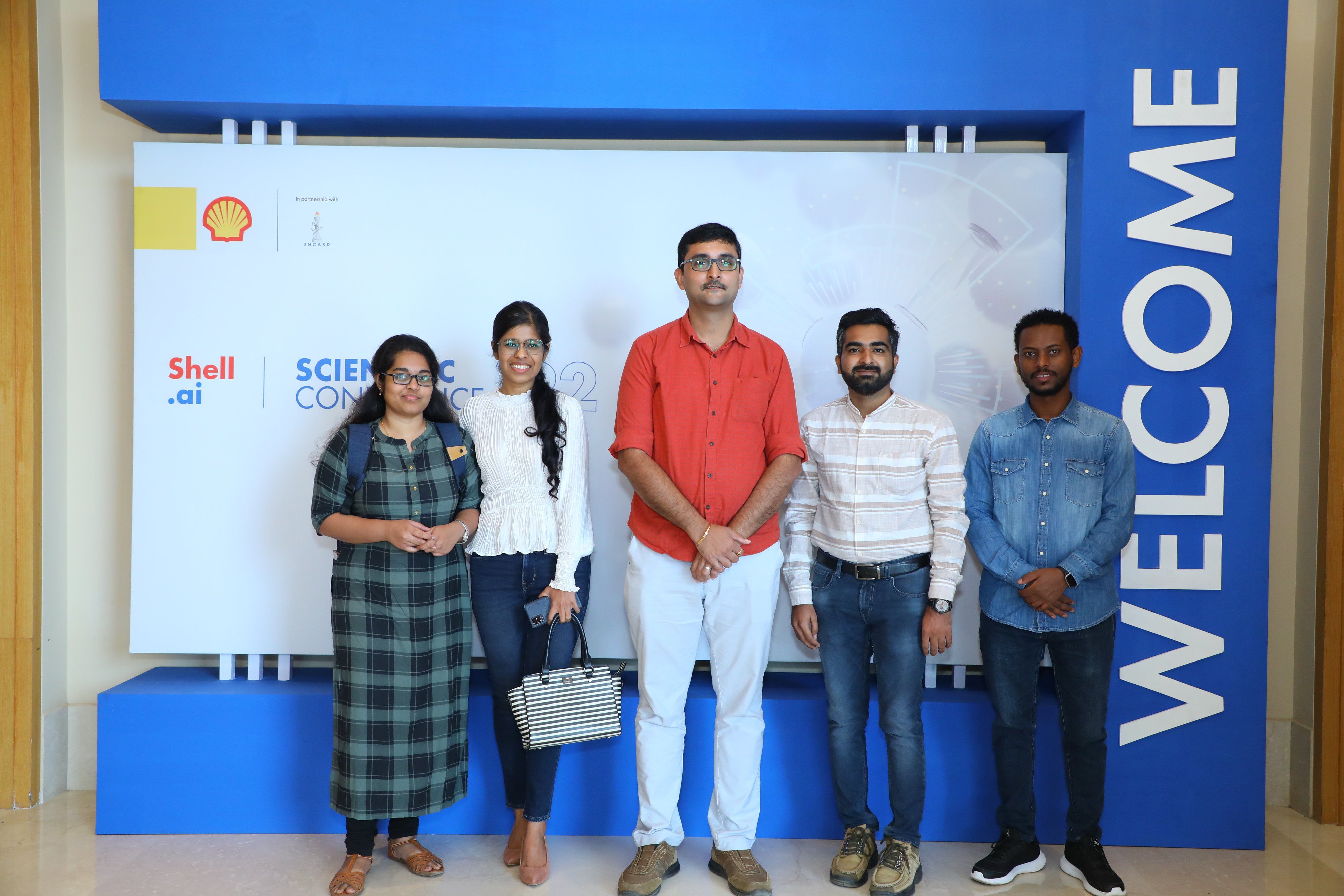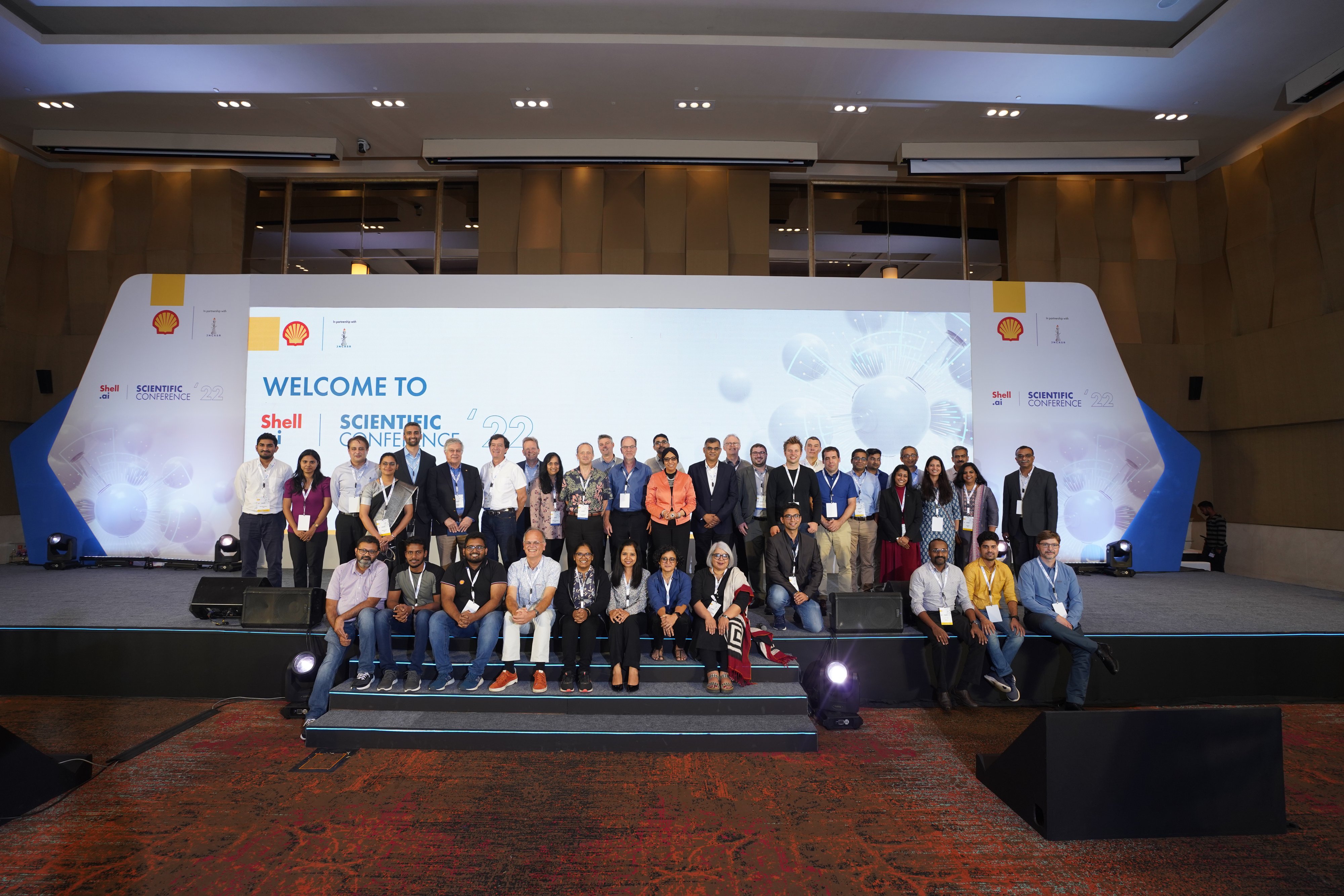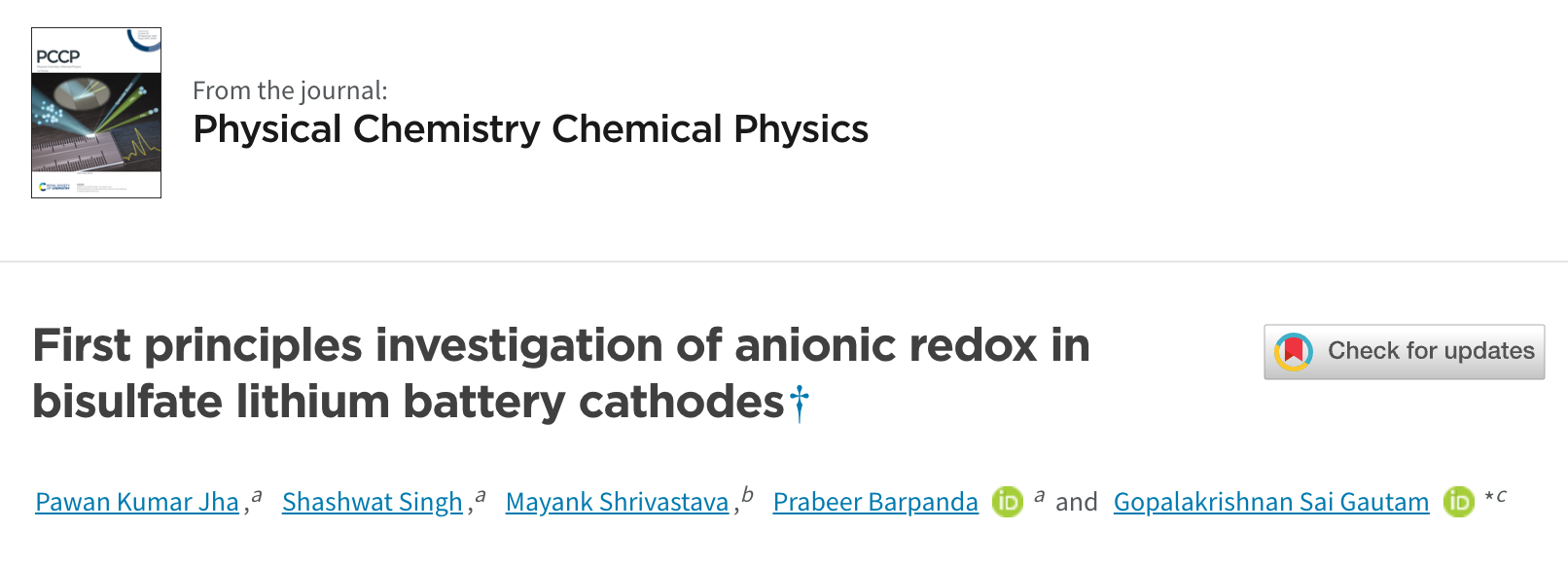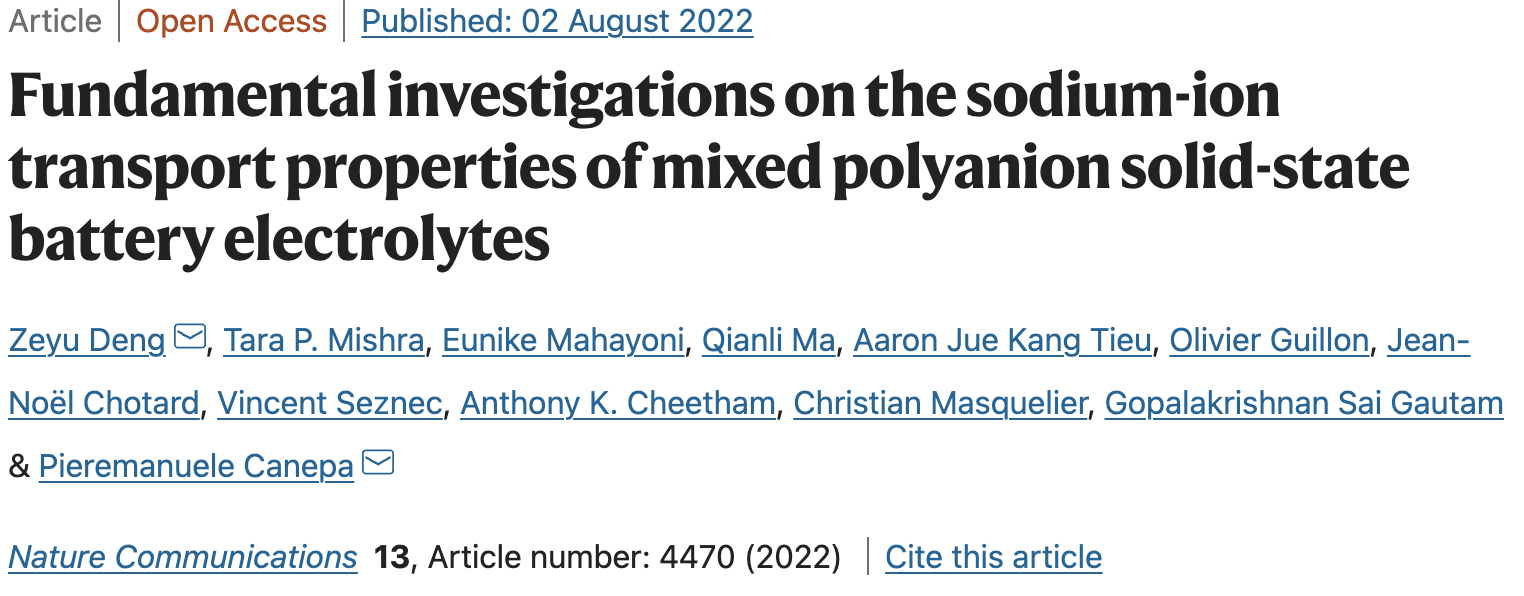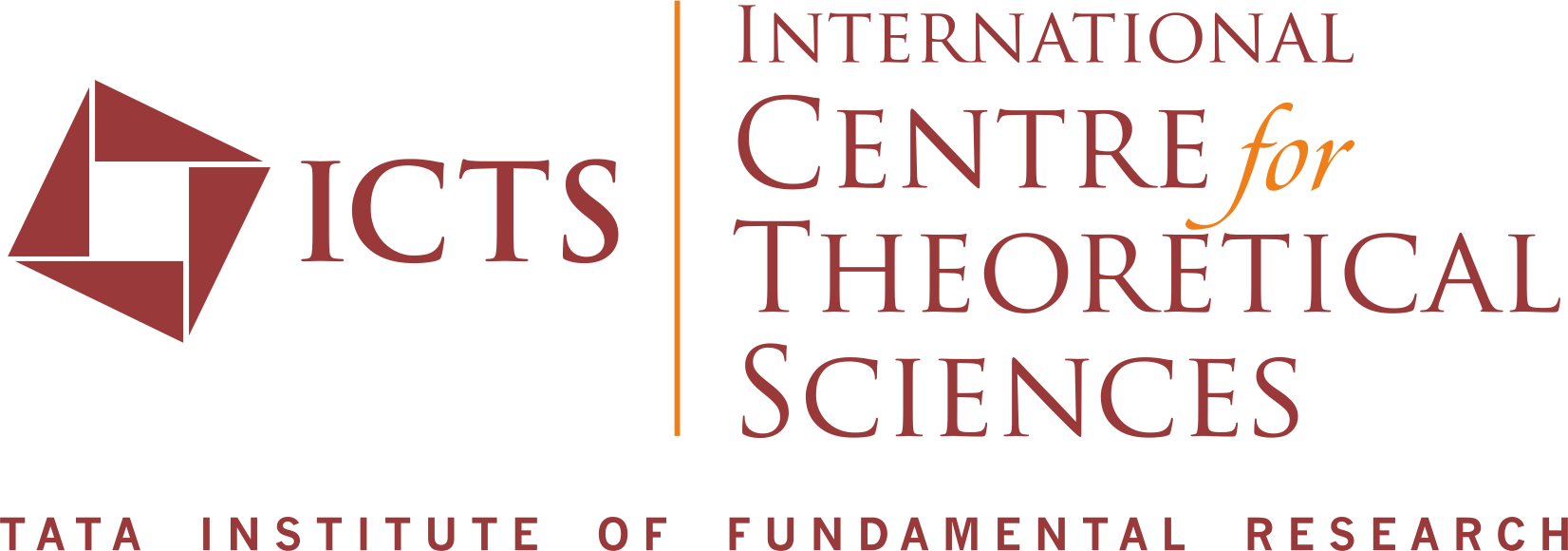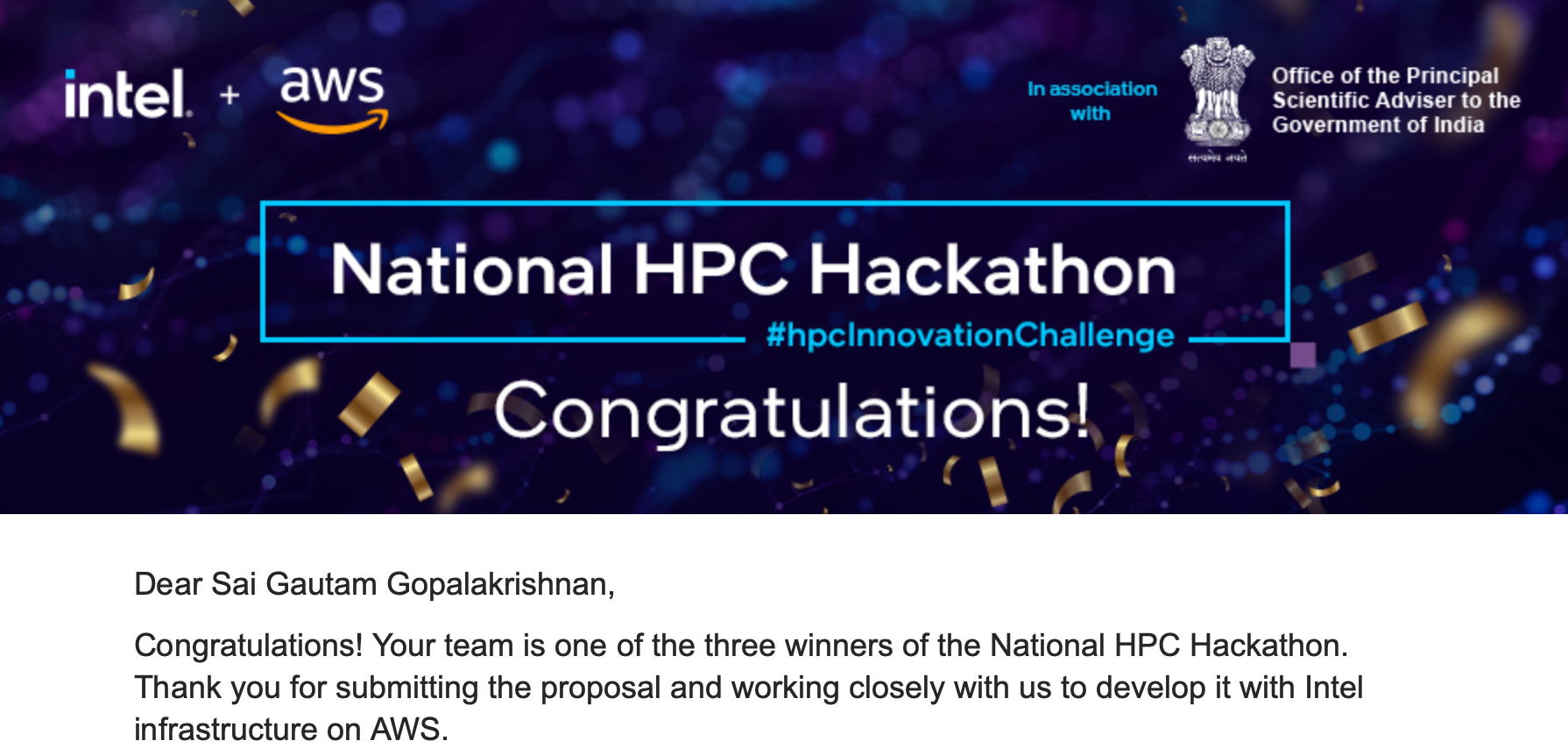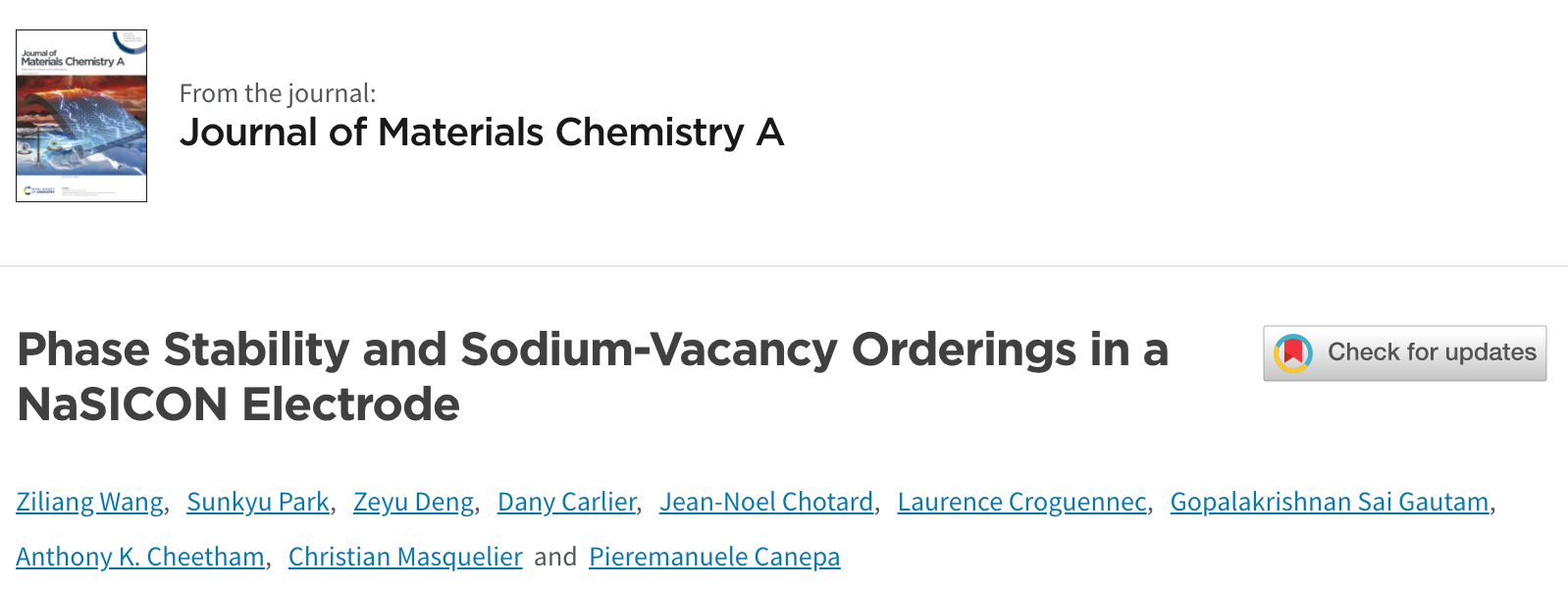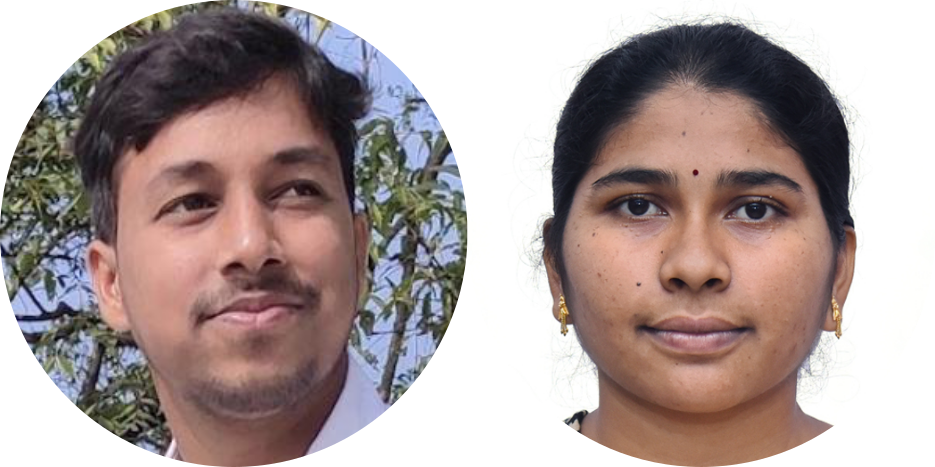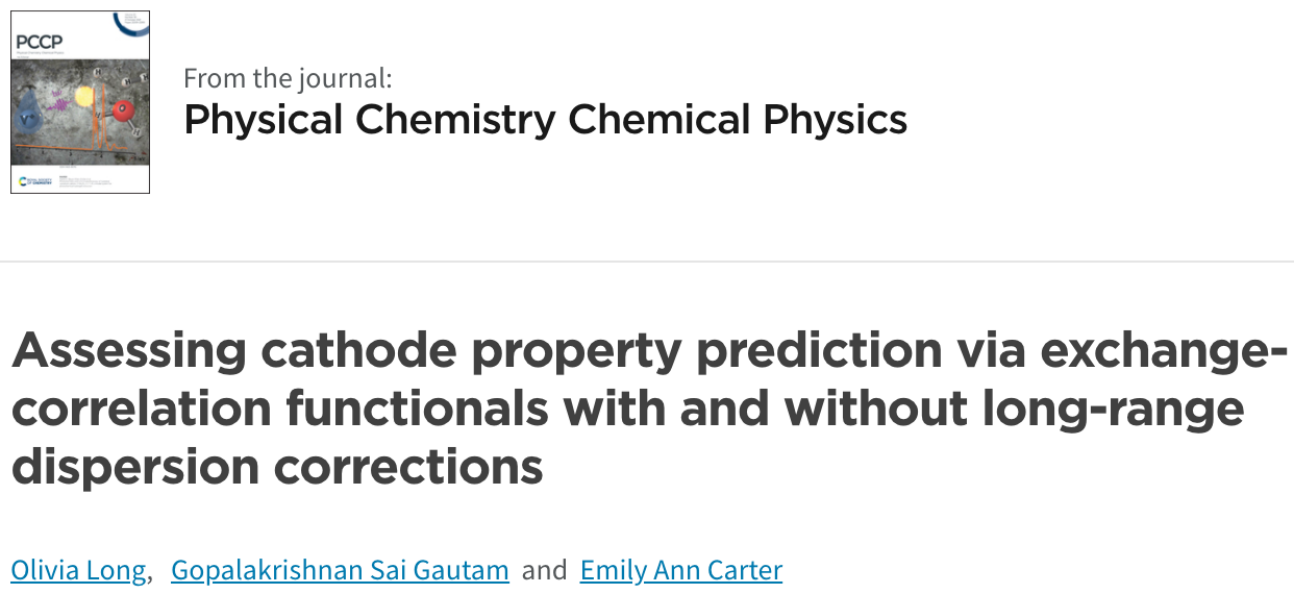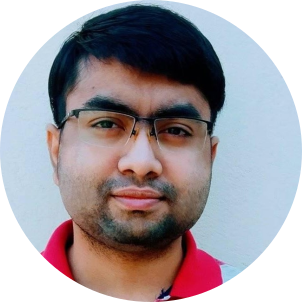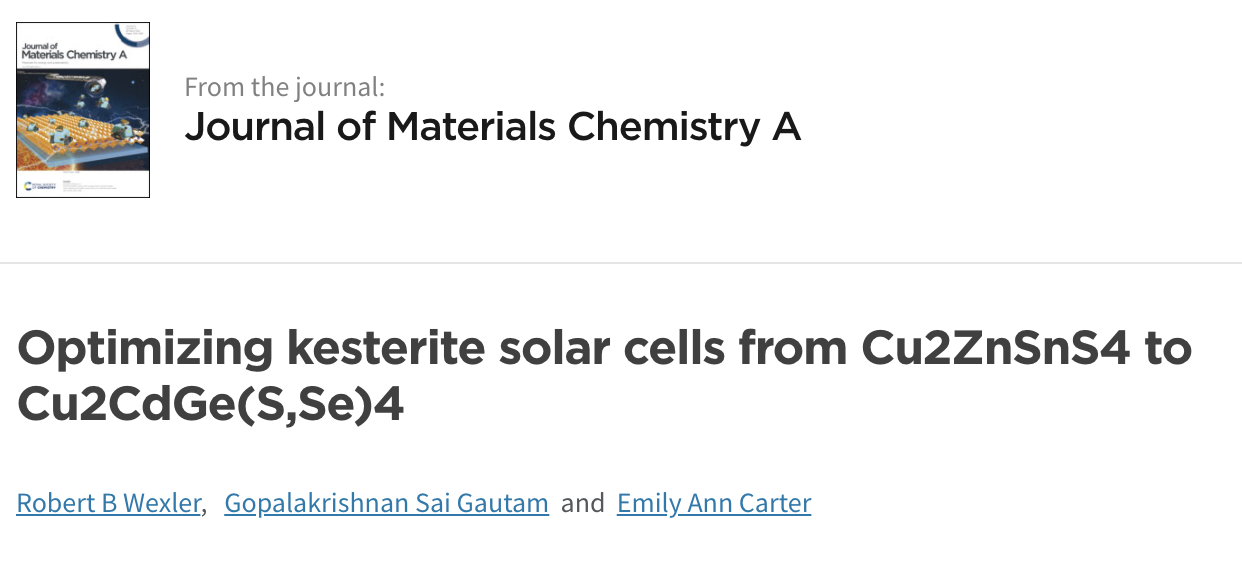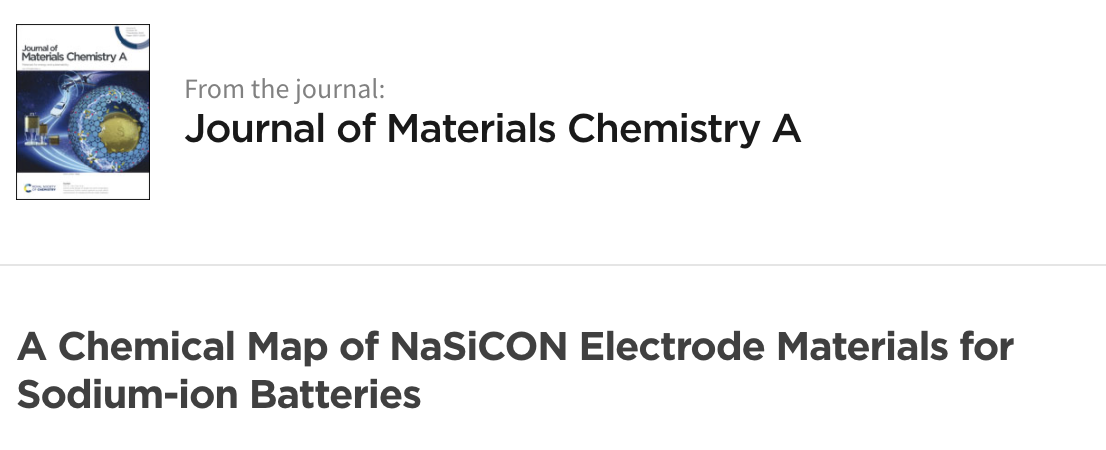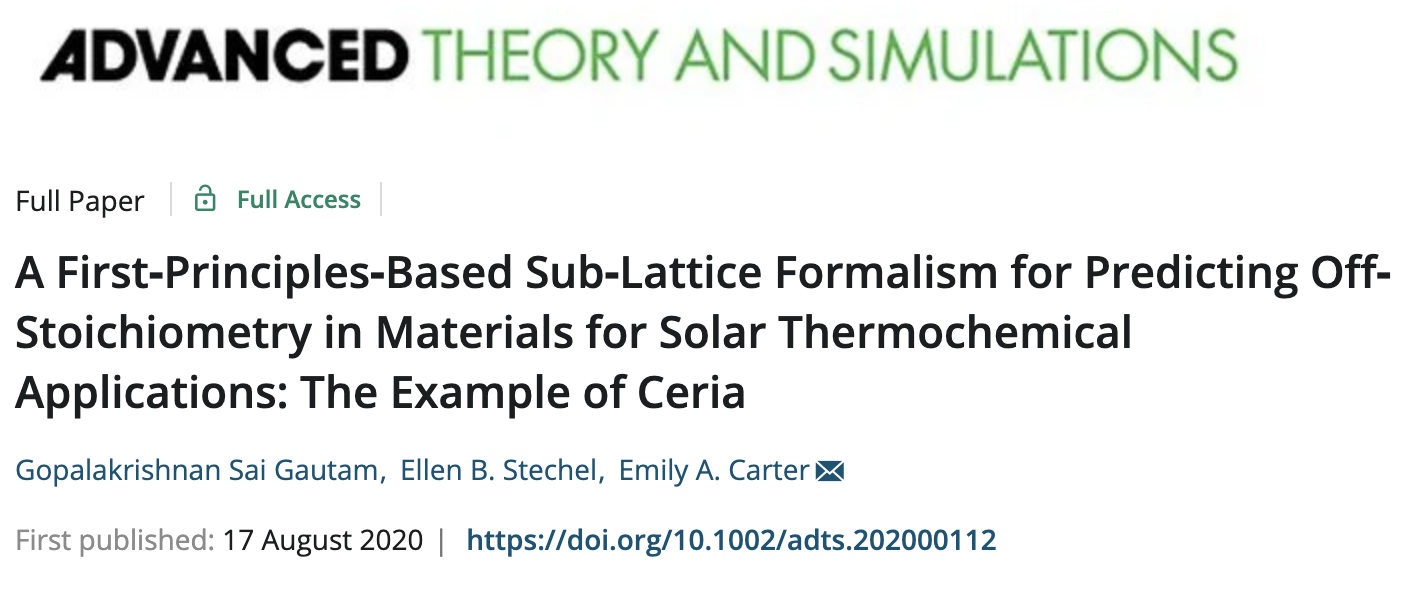Dr. Sai Gautam Gopalakrishnan will deliver a (virtual) talk, as part of the Aug-Dec 2021 seminar series organized by the Department of Chemical Engineering, Indian Institute of Science. The talk will be on “combining density functional theory and thermodynamic frameworks for materials design in energy applications” and the abstract is provided below. The talk will be on 12th Aug, 2021 (Thursday), 4-5pm Indian Standard Time. Please use this link to join in.
Abstract
Updating our energy infrastructure, in terms of moving away from fossil-fuel-based sources to renewable and sustainable sources, is a critical need to ensure that the dramatic effects of climate change are mitigated. However, the performance of devices that are employed in energy generation, storage, or harvesting applications are typically limited by the materials that are used. Hence, it is important to design novel materials that can improve the efficiencies of such energy-based applications. Computational materials science, based on density functional theory calculations and supplemented by thermodynamic and kinetic principles and machine learning, can accelerate the process of materials design, especially in energy applications.
In the first part of my talk, I will present some of our recent work on unearthing promising electrode materials in Ca-ion battery systems. While the state-of-the-art energy storage systems are Li-ion batteries, they are approaching the practical limits of their achievable energy densities apart from other safety, cost, and supply-chain constraints. In this respect, Ca-based intercalation systems can offer a viable alternative, since electrochemical devices based on Ca can achieve energy densities equivalent to (or better than) Li-ion systems, and can alleviate the cost and safety constraints. However, the lack of Ca-ion intercalation electrodes (i.e., cathodes) has so far hindered the practical development of Ca-ion batteries. In this work, we search through Ca-containing ternary oxides and other chalcogenides, which can function as Ca-ion cathodes. Specifically, we use constraints on charge-neutrality, redox-activity, and thermodynamic stability to identify an initial list of candidates, following which we perform nudged elastic band calculations to estimate migration barriers for Ca-diffusion in the candidate structures. Importantly, we identify two promising materials, namely CaV2O4 and CaNb2O4, that exhibit reasonable migration barriers, intercalation voltage, and thermodynamic stability upon Ca (de)intercalation, Finally, we also update a set of design rules that can be used to identify more intercalation systems for Ca-ion batteries.
In the second part of the talk, we will explore the chemical space of Ca-Ce-M-O (M=3d transition metal) oxide perovskites, which have the potential to exhibit higher entropies of reduction, and hence higher productivity with respect to H2 or CO generation in solar thermochemical (STC) water/CO2 splitting applications. STC processes have the potential to be an efficient way to generate renewable fuels or fuel precursors using concentrated sunlight. Specifically, an STC process can use redox-active, off-stoichiometric transition-metal oxide substrates to split water and CO2, generating syngas, H2 and CO. Specifically, we explore systems with Ca and/or Ce occupying the A site and M occupying the B site within an ABO3 framework, using DFT-based calculations. While we consider only Ca and/or Ce on the A-site because of their similar size and the potential redox-activity of Ce, we evaluate all 3d transition metals except Zn on the B-site (Zn+3 is uncommon in solids). We evaluate the oxygen vacancy formation energy (~enthalpy of reduction in an STC process), electronic properties, and thermodynamic stability of ternary Ca-M-O, Ce-M-O, and quaternary Ca-Ce-M-O perovskites, identify promising candidates, and extract metrics that govern the enthalpy and entropy of reduction that are key to improving STC efficiencies.




